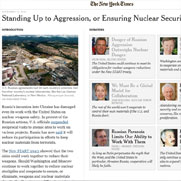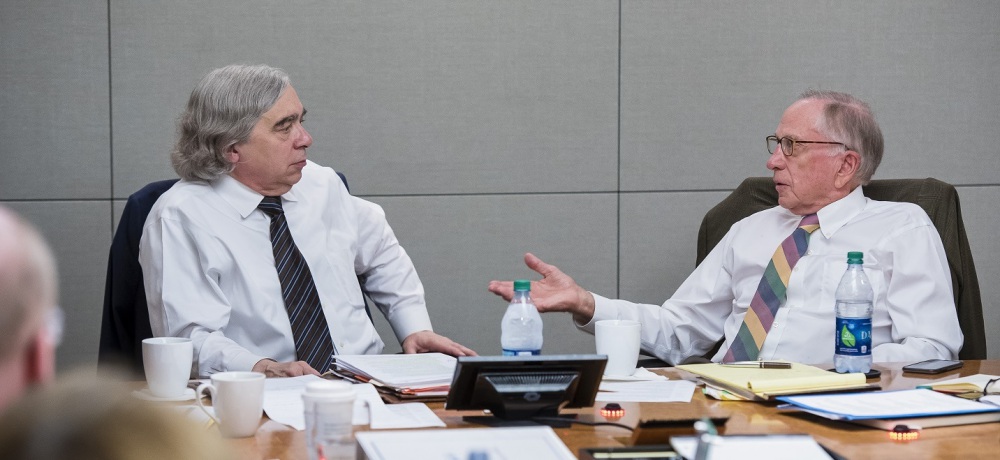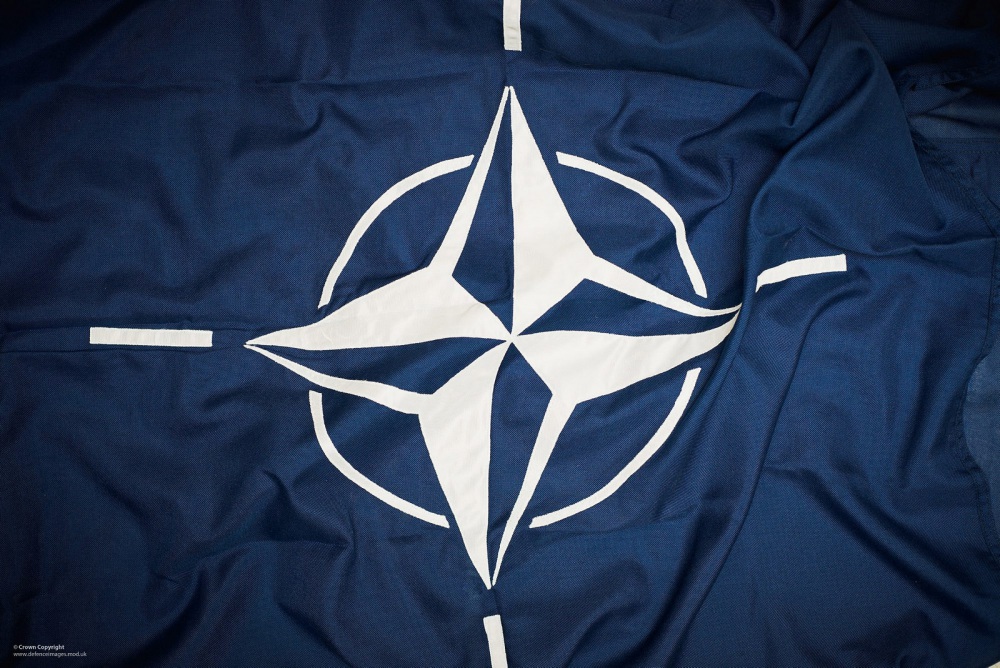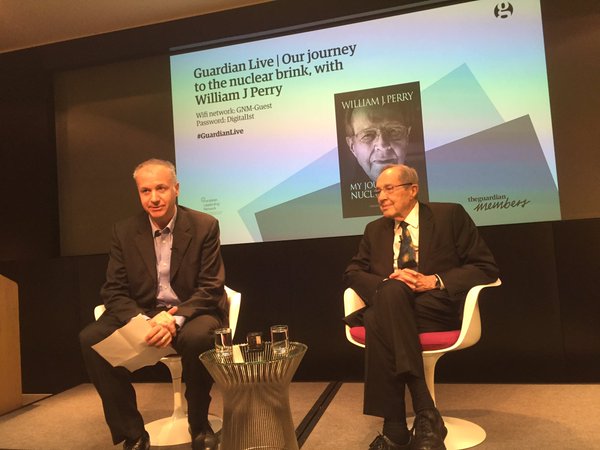
Joan Rohlfing
President and Chief Operating Officer, NTI
Tensions with Russia are high, and Russia's recent actions make it look more like an adversary than a partner. So why cooperate on nuclear materials and other nuclear issues?
"The world’s ability to prevent or defend against today’s nuclear threats is simply not possible without cooperation from Russia," wrote NTI President Joan Rohlfing in a new piece for The New York Times' Room for Debate series on the topic, "Should Washington and Moscow continue to work together to reduce nuclear stockpiles and cooperate to secure, or eliminate, weapons and nuclear materials despite the dispute around Russian actions in Ukraine?"
Cooperation in times of high tension has worked in the past, Rohlfing notes. On the issue of how the U.S. should move forward, she offers a to-do list for U.S. policymakers on the issue of U.S.-Russian cooperation on nuclear issues.
"To expect that nuclear weapons and materials can continue to proliferate, including among potentially unstable states, without being used one day is sheer folly," writes Rohlfing. "We can’t afford the security risk or the financial costs of a continued arms race. The U.S. and Russia must get back to work."
Read the views of other contributors to The New York Times' Room for Debate series.
Sign up for our newsletter to get the latest on nuclear and biological threats.
NTI Board Co-Chairs Secretary Ernest J. Moniz and Sen. Samm Nunn Publish Article on the Nuclear Arms Race in Foreign Affairs
Senior NTI leaders call for NATO to demonstrate a willingness to engage Russia on both differences and areas of potential cooperation and seek to reduce tensions in a region that remains central to global security.
Perry addressed the future of nuclear weapons in the United States and his concerns about current modernization plans.



